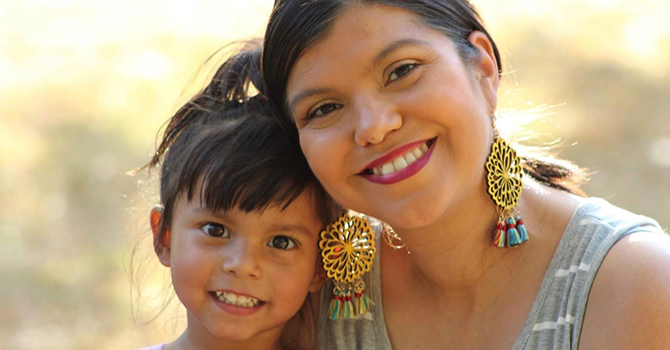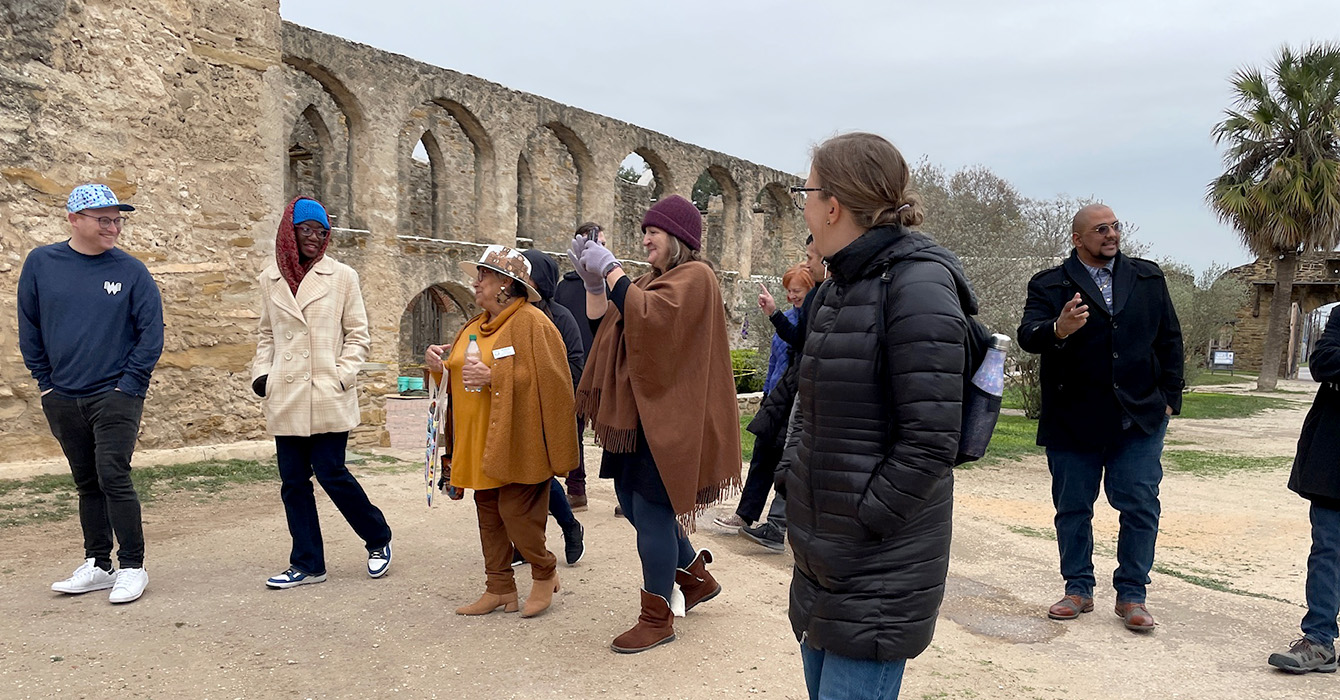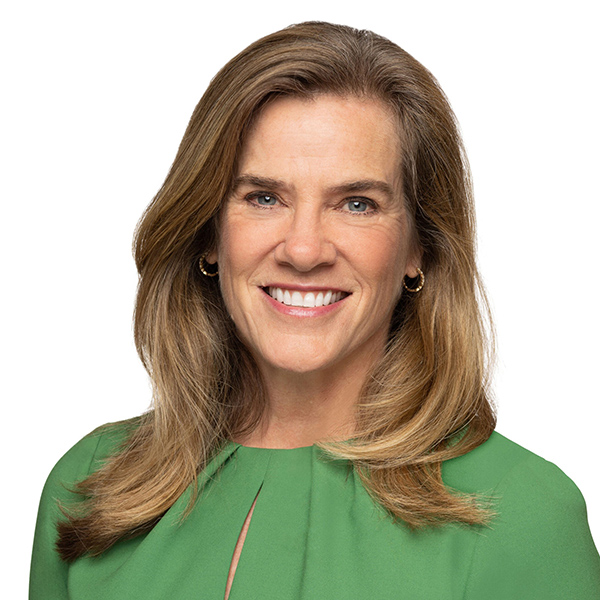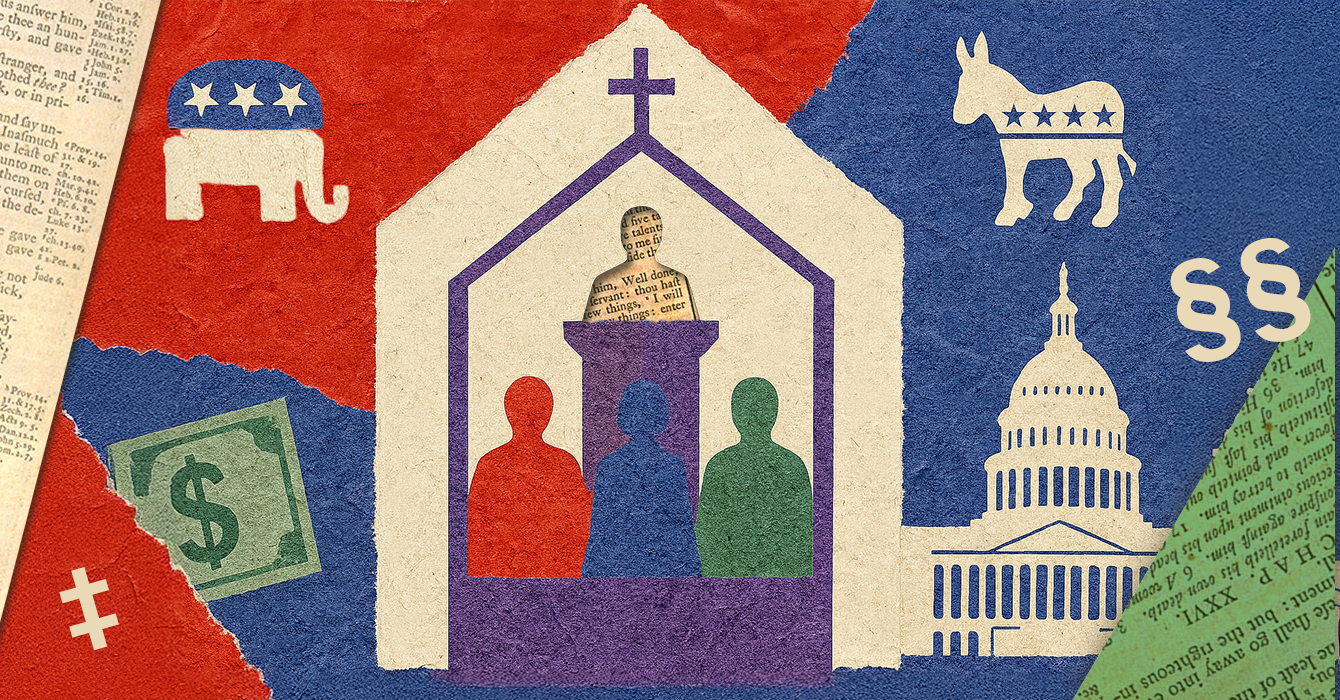I recently had the opportunity to present at the strategic planning summit of H.E.A.R.D., a collaborative network of Asian American leaders in faith communities. The gathered energy was palpable as we met in Los Angeles for three days of fellowship, discernment and prayer. Launched in January 2023 by 12 Asian American and Pacific Islander faith leaders, H.E.A.R.D. held its second summit in January 2025, bringing together leaders from diverse backgrounds and generations.
The summit highlighted the power of decentralized networks, grounded in unity and a shared commitment to justice, innovation and inclusivity, and with deep theological values that nurture culturally authentic expressions of faith and leadership.
The role of storytelling in leadership succession and fostering faith was a key theme. H.E.A.R.D. has made this central to its mission: building bridges through storytelling to strengthen and sustain faith communities, both by supporting today’s leaders and by ensuring that future generations can continue the work.
Throughout the event, the personal testimonies generously shared by participants emphasized the importance of storytelling and how deeply this cultural practice shapes our understanding of leadership and faith in communities of color. These stories, shared across generations in the room, underscored the need for succession planning and the importance of passing down wisdom, know-how and resources.
As Peter Drucker emphasized in his work, there is no success without succession. I was reminded of the vital responsibility we hold in passing on our spiritual and leadership inheritance to the next generation.
The summit also brought to mind how deeply the principles of leadership succession are rooted in biblical teachings. The idea of shared leadership across generations, as seen in the example of Moses and Joshua, directly aligns with the work of H.E.A.R.D.
Decentralization is not merely a leadership theory; it reflects a deeper biblical principle — a design for community and collaboration. The Bible offers many examples of leadership shared across generations. When Moses entrusted Joshua with leadership, the elder ensured that wisdom, strategies and vision would be passed on to prepare the new, younger leader. Wisdom, in this sense, is not meant to be tightly held but shared. Experienced leaders invest in the next generation, understanding that community strength depends on the intentional transfer of wisdom.
Storytelling has long been a key tool in transmitting wisdom, preserving culture and honoring ancestors. Psalm 78:5-7 speaks to the importance of generational continuity when God establishes the law in Israel and commands our ancestors to teach their children so that they will know him.
Leadership is not about starting from scratch but about building on the knowledge of those who have come before us, creating a stronger, more faithful community.
These biblical principles resonate deeply in the context of decentralized networks like H.E.A.R.D., where leadership is shaped by cultural context and intergenerational wisdom, fostering intrinsic expressions of faith and leadership, deeply rooted in the unique cultural, social and historical contexts of the communities they serve.
Leadership in these networks is dynamic — shifting and evolving in response to the community’s needs, while drawing from the knowledge of past generations. It’s about reimagining how faith and leadership can meet today’s challenges.
Bridging generational divides is not always simple. Leaders are often separated not only by age but also by factors such as being first-generation immigrants versus U.S.-born. This can contribute to differences in culture, language, degrees of assimilation and worldview.
Much like the chaos in the biblical story of Babel, where language differences result in division, these generational differences can lead to misunderstandings. But all ages need each other to offer a fuller vision of what Christianity and leadership can look like in the diaspora, and to understand what the community needs from us. We are the result of those who preceded us and the seed of those who will come.
In a world overwhelmed by mass communication and often siloed by age group, I’ve been reflecting on how we pass on our faith and leadership stories to those who are younger. It’s not just about avoiding their starting from scratch but about creating spaces where wisdom can be shared, adapted and applied. Decentralized networks offer such spaces.
The value of such networks becomes even more apparent when we consider the power of shared leadership. These spaces for collective growth, where every generation contributes to a thriving, dynamic community. Through my journey, I’ve seen how collaborative leadership across generations opens opportunities for new leaders, especially those who might otherwise be overlooked or underrepresented. These networks have shown me how to navigate multiple systems and adapt to diverse contexts.
At the summit, the power of intergenerational relationships was evident. Seasoned generations shared stories of struggle and accomplishment, while younger leaders brought fresh perspectives and resources. Together, they were shaping the path forward.
Observing the dynamics unfolding within the gathering, I was reminded of Brazilian educator and philosopher Paulo Freire’s concept of education as a legacy that not only changes those who receive it but also transforms entire generations. Leadership, like education, shapes entire communities. Decentralized networks create space for wisdom to be shared, opportunities to be unlocked and legacies to be built.
Leaving the summit, I felt a renewed sense of energy, inspired by the kinship within the group and the possibilities ahead as our collective efforts evolve. The shared wisdom, alliances and vision for the future were powerful reminders of the potential within this blossoming network.
Reflecting on the experience, I’m reminded of the importance of laying the foundation for leadership across time. As the pioneer farmer Nelson Henderson wisely counseled his son on his graduation day, “The true meaning of life is to plant trees under whose shade you do not expect to sit.”
What we plant today shapes the paths for those who will follow.
Leadership is not about starting from scratch but about building on the knowledge of those who have come before us, creating a stronger, more faithful community.



















